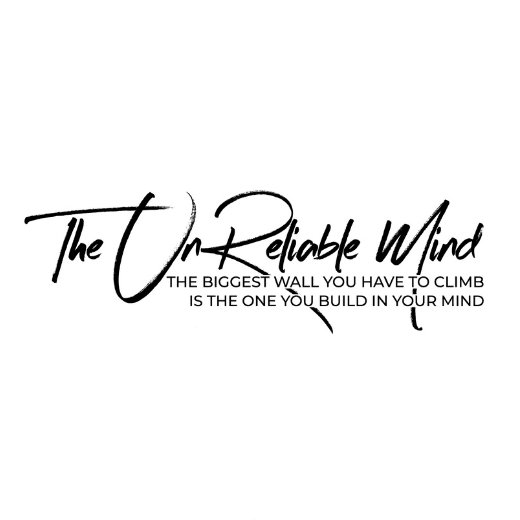How To Get Good Sleep

June 4, 2024
A Guide to Natural Sleep Aids
If you've been alive for any length of time, you've had to deal with a loss of sleep. Loss of sleep on a regular basis, however, is at least a cause for concern and at most a symptom of insomnia with diminishing mental health levels in between.
If you are dealing with intermittent periods of sleep loss. Or, if you're suffering from insomnia, you can choose from a wide variety of natural sleeping aids to help. These all-natural sleeping aids include herbs, foods, and therapeutic methods that promote sleep.
Some of the most popular natural sleeping aids include the following:
Valerian
This herb's use as a sleeping aid and a treatment for insomnia can be traced back to the second century A. D. Scientists believe that valerian increases a chemical in the brain called gamma aminobutyric acid (GABA). This chemical regulates nerve cells, functions as a calming neurotransmitter, and induces drowsiness and sleepiness.
Valerian works best after its been allowed to build up in your system over a three to four week period. Interestingly, some studies have shown it to be effective almost immediately. You can take valerian an hour before bedtime as an extract, tea, or capsule.
Light
The amount of light the body is exposed to produces different outcomes. A significant amount of light (e.g., sunlight pouring through a window) signals the body to wake up while a decrease in light (e.g., when the sun has set completely) tells the body it's time to sleep. However, slight differences in the level of light exposure may confuse the body and cause irregular sleep.
For example, if you stay indoors with minimal lighting during the day, the body might have a harder time recognizing the shift between night and day because of an imbalance in its circadian rhythm. Blue light emitted from computers, smartphones, and TVs at night is another sleep inhibitor. Blue wavelengths boost attention, reaction times, and mood.
To increase chances of better sleep, expose yourself to sunlight in the morning by sitting on the balcony or drinking warm/hot lemon water on the patio in the backyard and eliminate blue light two to three hours before bedtime.
Aromatherapy
This form of therapy relies on your body's response to certain olfactory signals. Scents like lavender, chamomile, and ylang ylang work well in calming your body and mind. You can try putting lavender sachets in your pillow or adding lavender oil to your bath water. You can also try sipping chamomile tea before going to bed.
Relaxation Techniques
Insomnia or lack of sleep is often due to your stress level. Practicing relaxation techniques prior to your bedtime increases your chances of experiencing better sleep. Some methods you may want to consider include deep breathing, visualization, yoga, and progressive muscle relaxation.
Sleep-friendly Diet
Different foods have varying effects on your sleep pattern. Whereas caffeine and sugar-rich foods can disrupt your sleep, foods rich in tryptophan and magnesium can help you sleep better and longer. Including foods like milk, turkey, legumes, dark greens, and nuts in your diet is a good way to boost your body's tryptophan and magnesium levels resulting in an enhanced sleep quality.
Music
Studies show that slow and soft music can soothe and relax the body. By playing soft tunes before bedtime, your body becomes primed for sleep. Sounds of nature like water flowing through rocks or chirping birds are also good choices and are simulated by apps like Better Sleep. (Full Disclosure: I use Better Sleep and I'm not a paid advertiser of the service)
Exercise
Regular physical activity boosts your body's endorphin levels. Endorphins, also known as the body's feel-good hormones, relax and soothe the body. Exercise also relieves muscle tension and stress which promotes deep sleep. However, keep in mind not to exercise to close to your bedtime as this can increase adrenaline levels and induce insomnia.
"A good laugh and a long sleep are the best cures in the doctor’s book.” — Irish Proverb
dhf
If you like this content, check out my substack newsletter on the basics of sleep at: https://theunreliablemind.substack.com/p/sleep-101
Follow me on Twitter/X at: @unreliablemind
Get in Touch
Connect with Us for a Healthier Tomorrow
Thank you for considering The Unreliable Mind for your well-being journey. Whether you desire common sense mental health information, help with weight loss, or simply want a pathway to reach your full potential, we are here for you. Please fill out the form below and I will enroll you in my free Substack Newsletter, and let's embark on this journey together. Your well-being is our priority, and we look forward to connecting with you soon.
